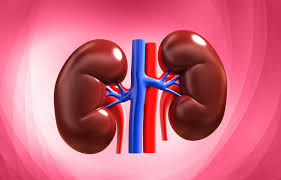The Organization of the Petroleum Exporting Countries and its allies (OPEC+) have set Nigeria’s crude oil production quota at 1.5 million barrels per day (mbpd) until December 2025.
According to a report from CSL research, OPEC+ set the oil production quota for the country following a meeting held on June 2, 2024.
CSL added that this decision follows the resolutions from the last ministerial meeting on November 30, 2023, where OPEC increased Nigeria’s production level to 1.5 mbpd for the year 2024.
On Sunday, OPEC officially confirmed that Nigeria’s production level of 1.5 mbpd will be maintained from January 1, 2025, to December 31 of the same year.
Meanwhile, Saudi Arabia has the highest production quota of 10.5 mbpd, followed by Russia with 9.9 mbpd.
CSL stated that this setting of oil production quotas is part of OPEC’s overall strategy to influence global oil prices by balancing supply and demand.
As of Q1 2024, Nigeria increased its oil production levels to an average of 1.57 mbpd, including condensates, witnessing a rise from 1.55 mbpd in Q4 2023, according to the Q1 2024 Gross Domestic Product (GDP) report by the National Bureau of Statistics (NBS).
Despite this increase, oil production in the West African nation is still significantly below pre-COVID levels of approximately 2.1 mbpd.
“The decline is attributed to ageing oil infrastructure, oil theft, and a lack of investments in the sector,” CSL stated.
“The OPEC+ quota for Nigeria in 2024 is set below the country’s budgeted oil production target of 1.78 mbpd.
“It’s important to note that OPEC typically sets quotas based on crude oil production, excluding condensates.
“Consequently, Nigeria can focus on condensate production to compensate for lost revenue from oil exports due to its commitment to the OPEC+ quota.”
According to a former Minister of State for Petroleum Resources, condensates can help increase Nigeria’s oil production capacity by an average of 360,000 and 460,000 barrels per day.
The country’s expected oil revenue in the 2024 budget is projected at N7.90 trillion, according to CSL research.











